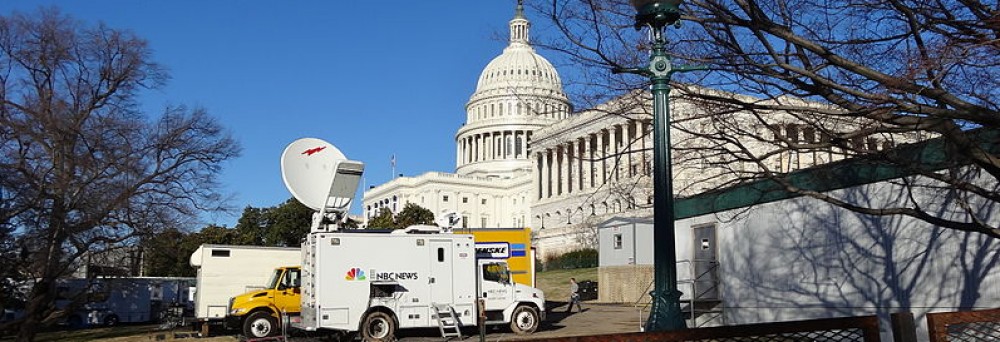By ISABELLA HALILI
The Broad Institute in Cambridge, Mass., a research center that is associated with Harvard University and Massachusetts Institute of Technology, now has the rights to a powerful gene-editing technique, a technology worth billions of dollars, that has the potential to change the medical and agricultural world.
The birthplace of this gene-editing technique developed at the University of California at Berkeley, but this past Wednesday, the federal Patent and Trademark Office made the decision to issue over a dozen patents regarding this technique to the Broad Institute. They did so because to the extent of their knowledge, they believed the inventions brought by these two institutions were irrelevant to each other.
Although the rights were accredited to the Broad Institute, the ruling now allows the University of California at Berkeley to own the rights to the use of Crispr on all types of cells. These new patents mean that all companies that want to use Crispr in the medical, agricultural, or any other field will potentially need to apply for a usage license from both the University of California at Berkeley and the Broad Institute.
The technique is called the Crispr technique, and it can be used to modify the DNA in the cells of humans, animals and plants. Biologists are most intrigued by the possibilities
Crispr has the potential for development of new disease treatments. This technique makes the altering of DNA in human embryos possible. These means it is now possible to edit out genes that could cause serious diseases in an infant.
National Public Radio and the New York Times were the only major publications to make an effort to cover this topic. Both were written from a scientific standpoint, explaining what gene-editing means for the future of medicine.
